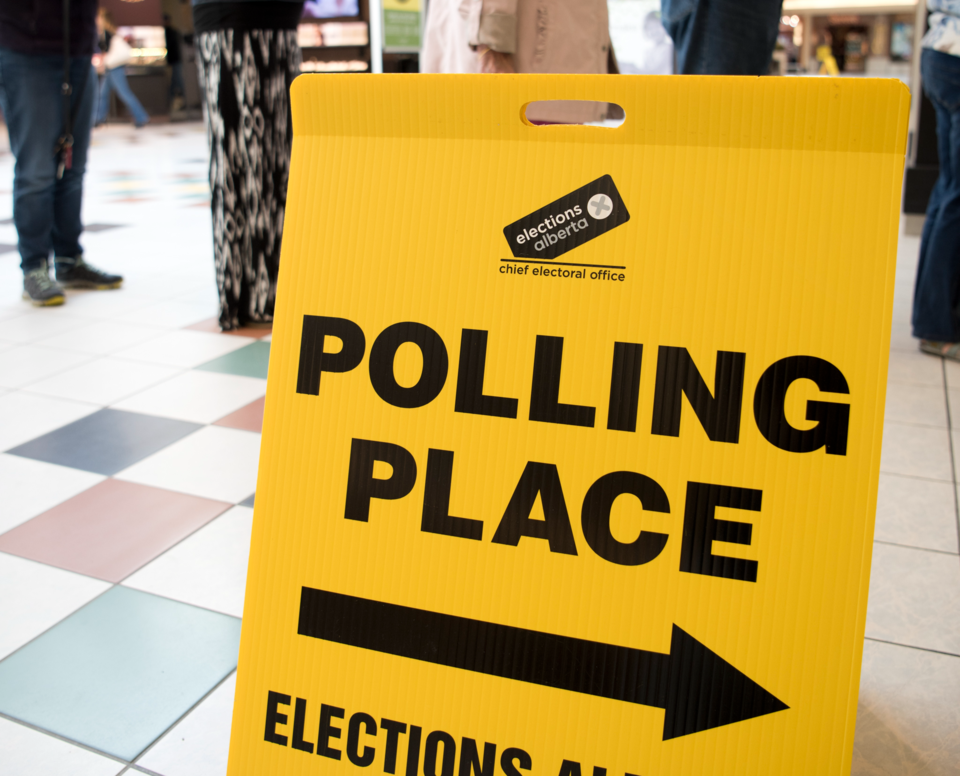Harassment and threats against elected officials have skyrocketed in Canada, and more municipal leaders are bowing out of politics as a result. In the byelections that follow, a strong turnout might bring out 40 per cent of voters.
There is no single cause for the rise of political anger or voter apathy, but changing the way we vote would help steer our democracy towards civility and higher engagement, says Dave Meslin, author of Teardown: Rebuilding Democracy from the Ground Up and creative director of Unlock Democracy Canada.
“First-past-the-post feeds hostility and attacks, negative campaigning, and personality campaigning,” Meslin says.
In a majoritarian, winner-takes-all electoral system like the kind used in municipal, provincial, and federal elections in Canada, there is a “mathematical incentive” for candidates to “go negative.”
As a candidate in a mayoral campaign, for example, “I'm going to attack you because if your votes go down, mine go up. Mine can only go up if yours goes down. I need to take votes from other people,” Meslin said.
In elections using a ranked ballot system, like the kind used in most Western democracies and in party leadership elections in Canada, the need to remain favourable as a voter's second choice on the ballot disincentivizes attack politics and smear campaigns.
“I can't spend my whole campaign attacking you because I'm shooting myself in the foot. Now I have a mathematical incentive to be nice to everyone, so I'll be everyone's second choice because that's how you win a runoff.”
Meslin said he thinks the negativity in politics that is rewarded in majoritarian elections is also driving voter apathy.
“When you watch grown men and women yelling at each other and laughing at each other in the House of Commons, they treat each other in the House of Commons in a way that in any other workplace would get you fired. It has just become normal to replace political discourse with childish fighting.
“And that affects people's feelings towards the whole thing. If the politicians can't take it seriously, why should any of us take it seriously?”
First-past-the-post electoral systems tend to produce political binaries, like Liberals or Conservatives, Democrats or Republicans. Canada is the only OECD nation that uses first-past-the-post in all three levels of government, making us the “fringe of the fringe” within Western democracies, Meslin said.
This polarization “is not a good starting point for thoughtful dialogue,” he said. The resulting A vs B dynamic also contributes to the growing sense of futility many would-be voters harbour towards elections.
“Imagine if Netflix only had two movies to watch. I don't think people would subscribe. But that's what our elections feel like. Everyone knows that at the end of the day, it's going to be blue or it's going to be red.”
Adopting an electoral system that uses proportional representation would likely see more women, younger candidates, people of colour, and candidates with diverse political opinions hold power in town councils, provincial legislatures, and parliament, Meslin suggested.
“Switching to a better voting system would give people more choice, which will make elections way more interesting.”



